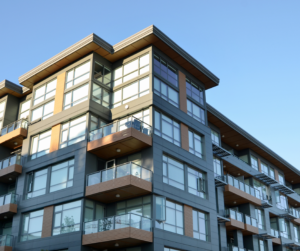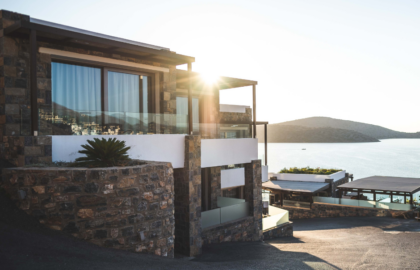
What are the different options for investing?
Property is considered one of the best options for investing in Australia. If you play a ‘long game’, you’re almost guaranteed to have good returns.
However, there are different ways to invest and some do have potential to bring you faster returns than others.
With the understanding that you need to make a decision based on your own circumstances, here are some of the options for investing in property.
- Apartment to lease
 Buying and leasing an apartment to tenants is one of the most straightforward ways to get your foot through the property market door. Not only are apartments the most affordable option, but if the building complex has a good body corporate and you use a decent property manager, owning this type of investment can be very hands-off.
Buying and leasing an apartment to tenants is one of the most straightforward ways to get your foot through the property market door. Not only are apartments the most affordable option, but if the building complex has a good body corporate and you use a decent property manager, owning this type of investment can be very hands-off.
The only issues are that growth tends to be slower in apartments, and tenants often move on regularly. Make sure you purchase in an area where there is plenty of demand from students, singles and young couples, and have a good property manager who will make sure your apartment doesn’t sit empty.
- Houses
Houses make for another decent option for investors. The return will usually be higher with a house, and tenants will generally stay longer. A quality property manager can also help you be hands-off as a landlord, but you can expect to spend more money on upkeep than you would with an apartment.
When you buy a house as an investment, keep track of your spending so you can claim it at tax time. Better yet, work with a property manager who can provide you with a statement at the end of the financial year.
- Subdivision
If you can find an older house on a large block, it is often possible to build a second property on it, or to knock down the original home and build two new ones.
You don’t quite get two for the price of one. You need to have the budget for a build and council approval (not every council gives the thumbs up for subdivision).
Once the development is complete, you have a few options. You can keep both, rent them out and let them appreciate, live in one and rent the other, sell one or sell both. Your decision will depend on your circumstances and goals.
- Develop
Developing is one of the investing options that is better for more experienced players.
It is a smart option if you can snap up a cheap property on a valuable piece of land and get approval from the local council to build multiple residences. Knock down the old house, and you can put in two, three, or more units that will all bring in rental income or profits when you sell.
In the long term, the payoff can be substantial, but you have to be prepared to put in the work and money at the outset. Levelling a property and building new units is costly and complicated so you need to be very well-prepared and have a great team of people to support you.
- Holiday Homes
A holiday home is another long term strategy but you may find it works for you.
This investment gives you the best of both worlds because you have a separate home to visit on your days off and you can offset the cost of owning it by leasing it out when you’re not there.
The drawback is the challenge of managing guests and dealing with breakages etc. Prices also tend to rise more slowly outside of major cities (although this trend was less evident in some regional hubs during the pandemic).
You have the option to relocate to your holiday home when you retire, sell it to recoup the cash or keep it in the family forever.








